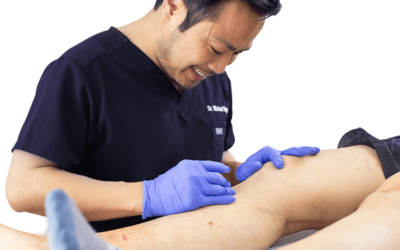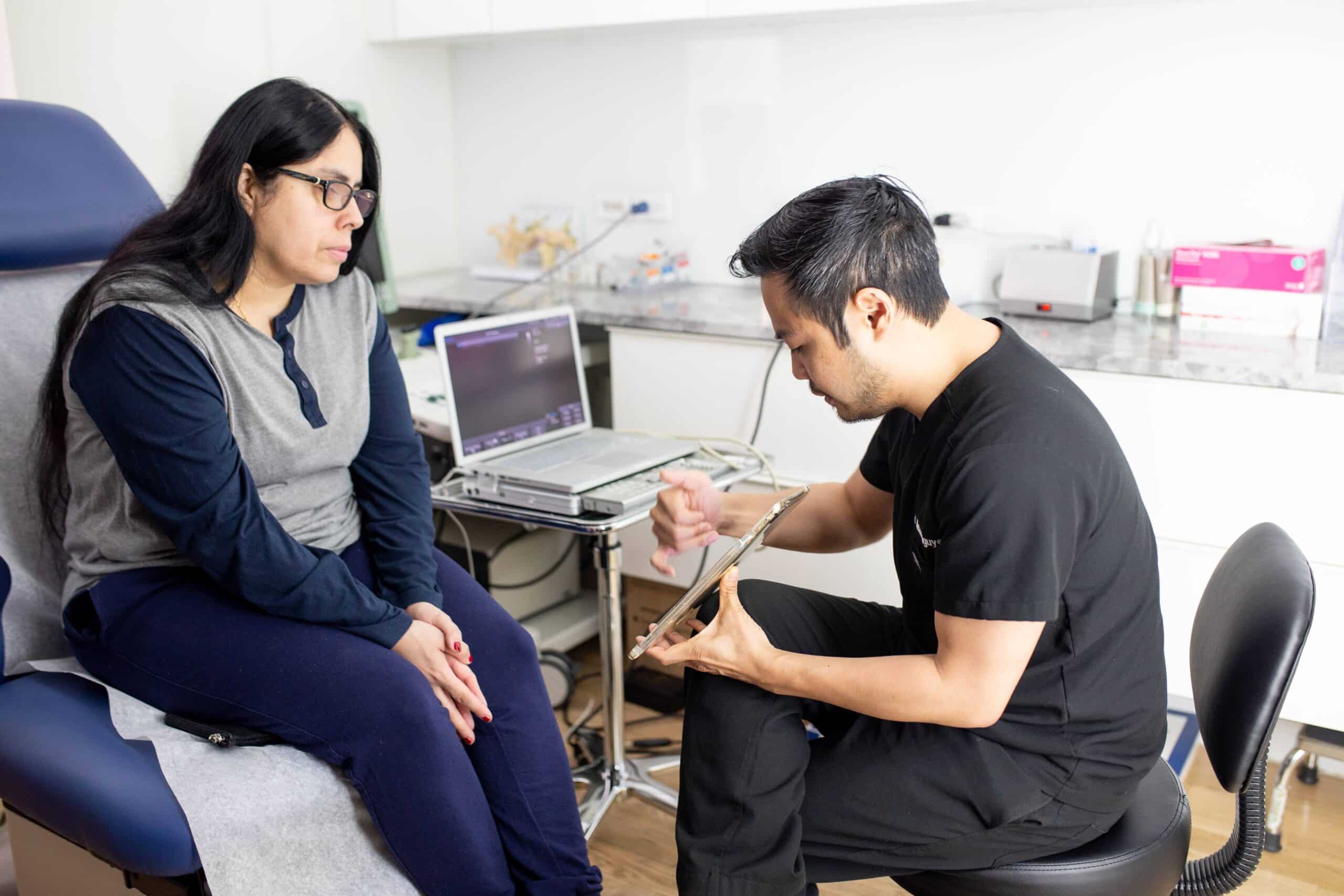What Types Of Varicose Vein Treatments Are Typically Covered By Insurance?
Varicose veins, often considered a cosmetic concern, can also lead to discomfort and health complications. Many individuals seek treatment, but the question of insurance coverage often arises. Understanding the various treatments available for varicose veins and their insurance coverage is crucial for informed decision-making. Additionally, knowing the specialists who handle these conditions ensures receiving optimal care.
Varicose veins are enlarged, twisted veins that commonly appear on the legs and feet. They can cause pain, discomfort, and complications if left untreated. As individuals explore treatment options, understanding what procedures insurance typically covers becomes essential.
Types of Varicose Vein Treatments Covered by Insurance
Sclerotherapy:
This involves injecting a solution into the veins to scar and close them. Insurance often covers this treatment, especially for medical necessity.

Endovenous Laser Ablation (EVLA):
It uses laser energy to close off problematic veins. Insurance coverage may vary based on the severity of the condition and medical necessity.
Radiofrequency Ablation (RFA):
Similar to EVLA, RFA uses heat to seal veins. Insurance coverage depends on medical evaluation and necessity.
Venaseal:
A newer treatment method involving a medical adhesive to close veins. Coverage may differ based on insurance policies.
Ambulatory Phlebectomy:
This involves physically removing the affected veins through small incisions. Insurance often covers this procedure when medically necessary.
Compression Stockings:
While not a direct treatment, wearing compression stockings might be covered by insurance as part of conservative management for varicose veins.
Factors Influencing Insurance Coverage
Several factors affect whether insurance covers varicose vein treatments:
Medical Necessity:
Insurance providers typically cover treatments deemed medically necessary to alleviate symptoms or prevent complications.

Severity of Symptoms:
Insurance may cover procedures if symptoms significantly impact daily life or pose health risks.
Prior Authorizations:
Some treatments require prior authorization from insurance companies for coverage.
Type of Insurance Plan: Coverage may vary based on the specific plan and its terms.
Are Varicose Vein Treatments Covered by Insurance?
Yes, many insurance plans do cover treatments for varicose veins when deemed medically necessary. However, coverage specifics, including copays and deductibles, vary widely among insurance providers and individual plans. Consulting with both the healthcare provider and the insurance company beforehand can provide clarity on coverage details.
What Type of Doctor Treats Varicose Veins?
Several specialists are qualified to treat varicose veins:
Vascular Surgeons:
They specialize in surgical procedures related to blood vessels, including varicose vein treatments.
Interventional Radiologists:
These specialists use imaging techniques to guide minimally invasive procedures, including those for varicose veins.
Phlebologists:
Physicians specifically trained in diagnosing and treating vein diseases, including varicose veins.
Dermatologists:
Some dermatologists specialize in cosmetic procedures and might offer certain treatments for varicose veins.
Conclusion
Understanding varicose vein treatments covered by insurance involves a nuanced assessment of medical necessity, severity of symptoms, and specific insurance plan coverage. Consulting with healthcare providers and insurance companies beforehand can help individuals navigate treatment options effectively.
Additionally, seeking care from qualified specialists like vascular surgeons, interventional radiologists, phlebologists, or dermatologists ensures receiving appropriate treatment for varicose veins.
Remember, while insurance coverage plays a crucial role, prioritizing health and seeking proper treatment should remain the primary focus when dealing with varicose veins.
Comments
Post a Comment